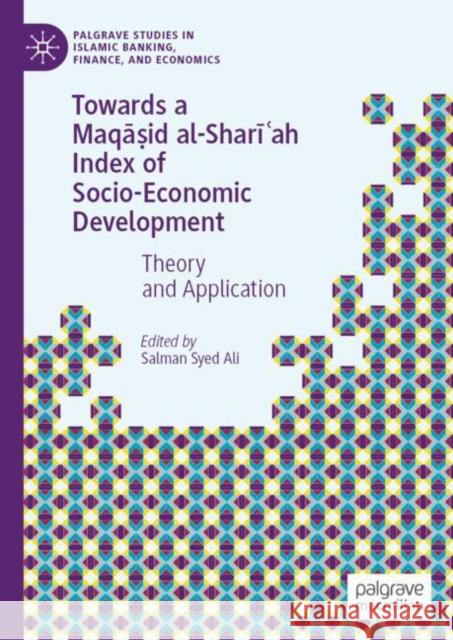Towards a Maqāṣid Al-Sharīʿah Index of Socio-Economic Development: Theory and Application » książka
topmenu
Towards a Maqāṣid Al-Sharīʿah Index of Socio-Economic Development: Theory and Application
ISBN-13: 9783030127923 / Angielski / Twarda / 2019 / 418 str.
Towards a Maqāṣid Al-Sharīʿah Index of Socio-Economic Development: Theory and Application
ISBN-13: 9783030127923 / Angielski / Twarda / 2019 / 418 str.
cena 563,56
(netto: 536,72 VAT: 5%)
Najniższa cena z 30 dni: 539,74
(netto: 536,72 VAT: 5%)
Najniższa cena z 30 dni: 539,74
Termin realizacji zamówienia:
ok. 22 dni roboczych.
ok. 22 dni roboczych.
Darmowa dostawa!
Kategorie:
Kategorie BISAC:
Wydawca:
Palgrave MacMillan
Seria wydawnicza:
Język:
Angielski
ISBN-13:
9783030127923
Rok wydania:
2019
Wydanie:
2019
Ilość stron:
418
Waga:
0.68 kg
Wymiary:
21.01 x 14.81 x 2.54
Oprawa:
Twarda
Wolumenów:
01
Dodatkowe informacje:
Wydanie ilustrowane











